“Without sexual rights, [human beings] cannot realize their rights to self-determination and autonomy, nor can they control other aspects of their lives.” — International Women’s Health Coalition
Black love, Black bodies, and Black sex matter because sexual rights are human rights. Theatre has a white supremacist history of oppressing Black sexuality and it needs to stop. Black people’s sexual rights are affected by the way theatre artists represent Black bodies. Black sexuality is portrayed as moral violation, while white sexuality is portrayed as natural and normal. But the sex and love we see on stage and on the big screen are not natural or “normal”; they are shaped by a white supremacist paradigm that determines how everyone’s sexuality gets presented.
Black bodies engaging in Black love is a way to resist that paradigm. Sexuality needs to be reconstructed by theatre artists who use their power to tell stories of Black love and create social change. When it comes to intimacy directing, choreography can celebrate Black love as an act of racial and sexual justice.
The history of white supremacy attacking Black sexuality is evident. For Black women—and other women of color—the oppressions of racism and sexism operate simultaneously. Look at the iconic case of Sara Baartman (Venus Hottentot), an African teenager lured to Europe to perform for audiences in 1810. Her genitals and brain were posthumously dissected, pickled, and museumized.
Baartman’s story ignited my artist-activist journey. In 2016, wanting to speak to the misinformation about her life and to resist racism and the current-day participation in the oppression of Black bodies, I wrote and directed Venus Hottentot: A Short Play, which premiered at Jewel Box Theatre in New York City. Several historical sources indicate that Baartman refused to show her genitals to the public, so I showed her on stage at the Piccadilly Circus, her arms crossed to protect her vagina from the white man trying to display her labia to the audience. I took the opportunity then to treat Black female bodies with love, care, and compassion, and today, through my work as an intimacy director, that is something I am intentional about.
In our recreations of Black sexuality, artists have the opportunity to reveal what is hidden by white supremacy. Staging sex is not just about making a kiss look real. Stories are pedagogy that tell society what is possible. As cultural theorist Stuart Hall stated and performance studies scholar D. Soyini Madison echoes in Critical Ethnography: Method, Ethics, and Performance, “How people are represented is how they are treated.” Baartman’s human rights were not only violated in nineteenth-century Europe—her human rights are also violated by the ways theatre and media remember her and tell her story. And like the International Women’s Health Coalition states, for human beings, “the right to control their own bodies and their sexuality without any form of discrimination, coercion, or violence is critical for their empowerment.”

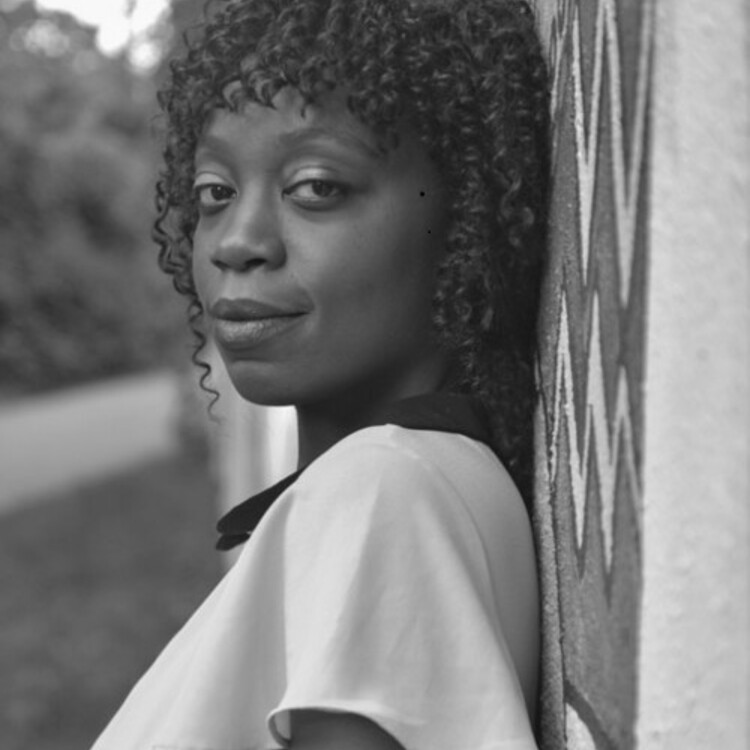
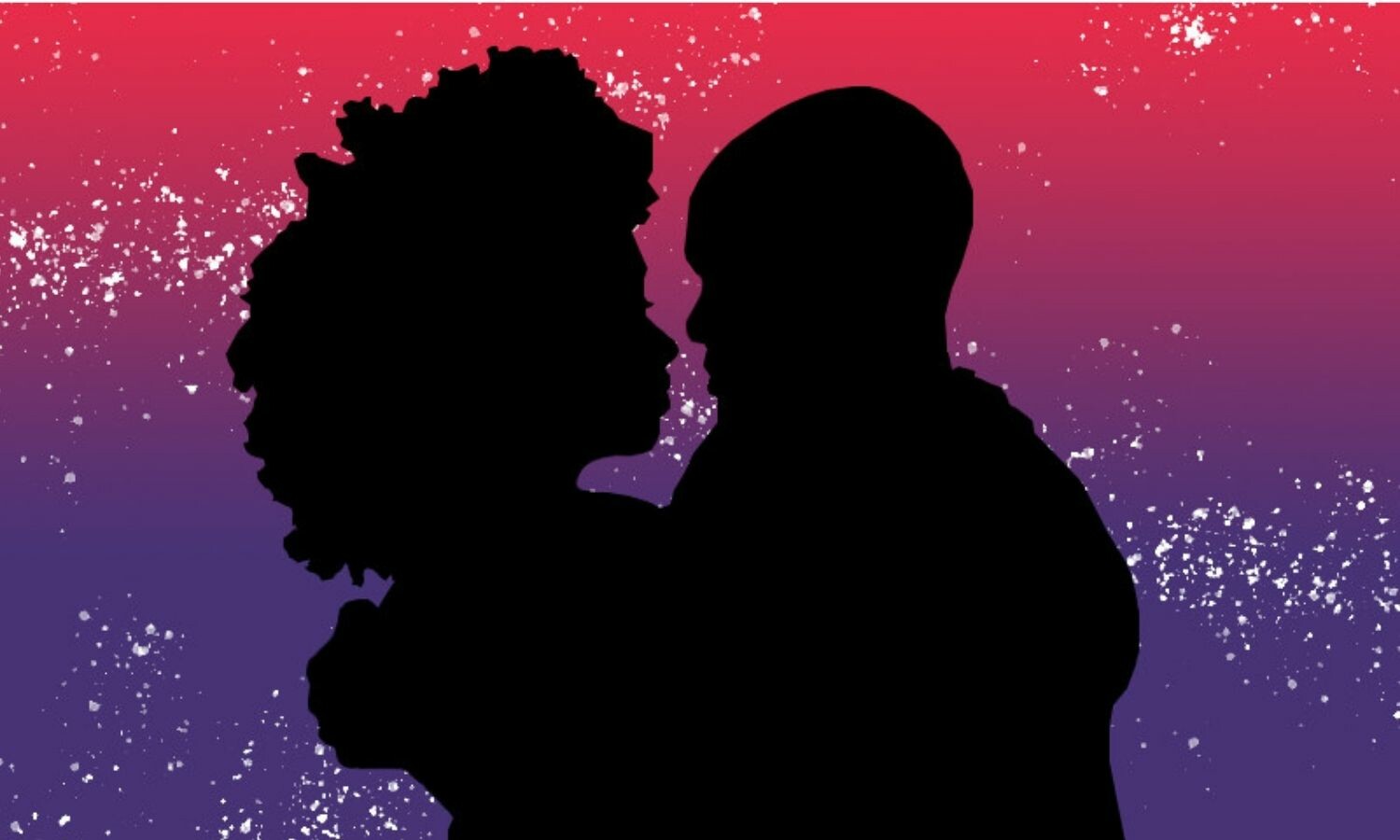
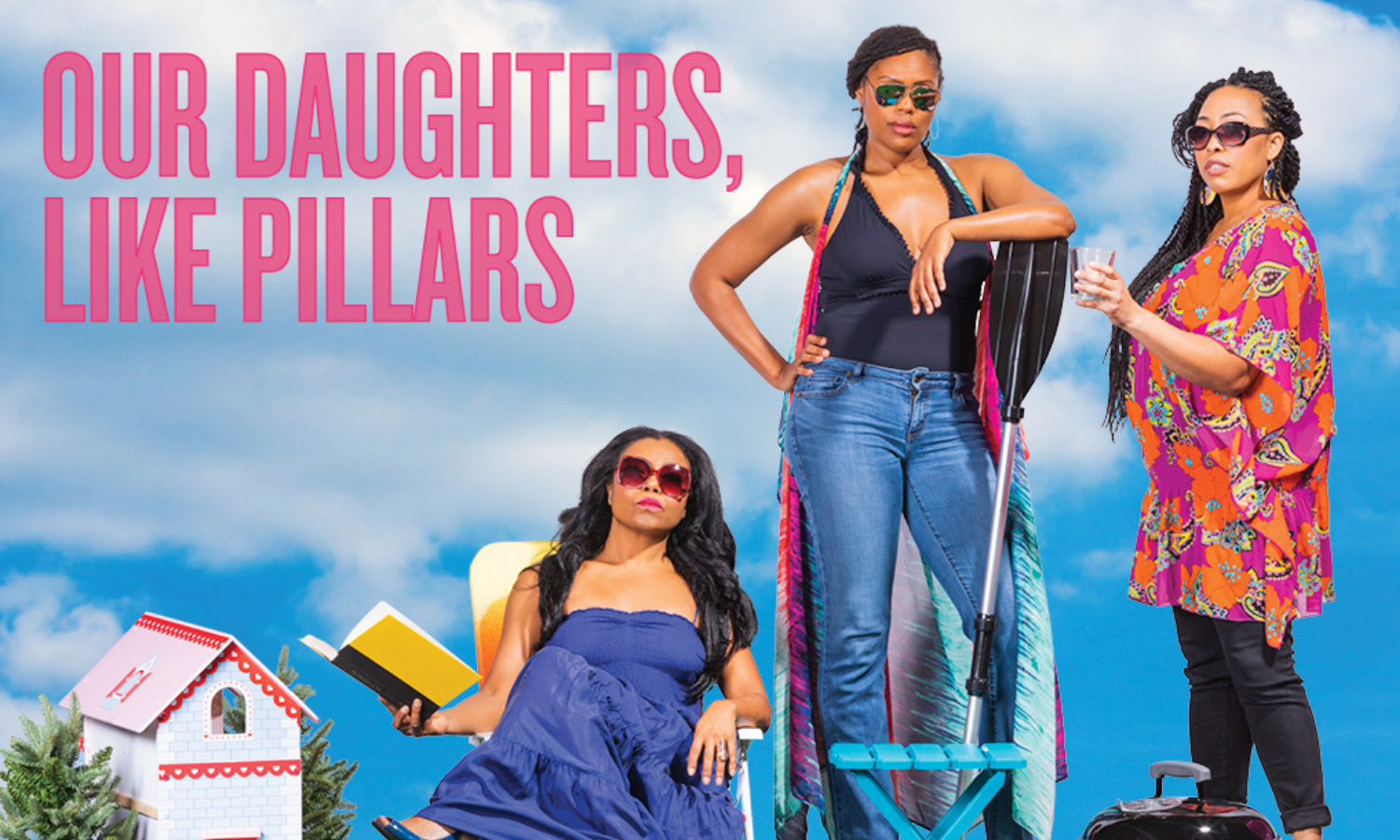
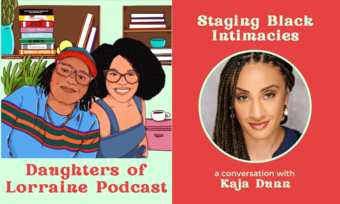



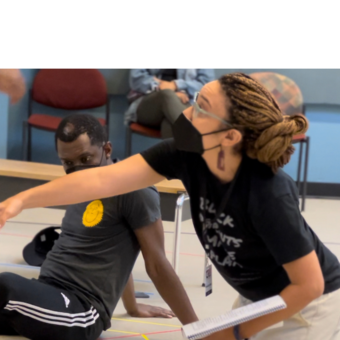

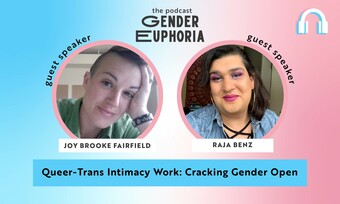



Comments
The article is just the start of the conversation—we want to know what you think about this subject, too! HowlRound is a space for knowledge-sharing, and we welcome spirited, thoughtful, and on-topic dialogue. Find our full comments policy here